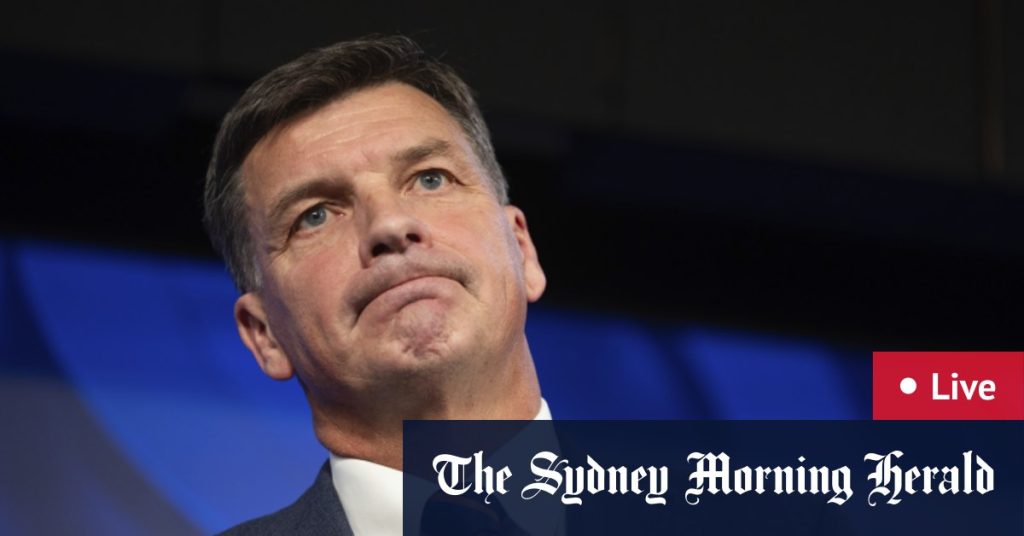Opposition Leader Peter Dutton recently defended the Coalition’s plans for nuclear energy in Australia during an interview on Nine’s Today program. He cited concerns about the reliability of battery power for baseload energy, suggesting that wind and solar power are intermittent and need to be stabilized. Dutton referenced Labor governments in Victoria and NSW extending the life of coal-fired power stations out of fear of potential energy shortages, advocating for nuclear energy as a solution to the country’s energy needs. He highlighted Ontario in Canada as an example, where 60 percent of the energy is nuclear and power prices are significantly lower compared to Australia.
The NSW government recently entered a deal to extend the life of the Eraring power station, further stimulating the debate around the country’s energy future. Dutton emphasized the importance of implementing a new energy system as Australia aims to decarbonize and modernize, with nuclear power playing a crucial role in achieving these goals. However, Labor minister Bill Shorten expressed skepticism about nuclear energy, citing high costs and long timelines as significant drawbacks. He argued that investing in renewables and using gas as a transitional base load energy source would be more feasible and practical for Australia in the current era.
Shorten contested Dutton’s claims about the prevalence of nuclear energy in G20 countries, noting that Germany is phasing out nuclear power and countries like Indonesia and Saudi Arabia do not utilize it. He characterized the push for nuclear energy in Australia as an outdated concept from the 1960s, suggesting that the focus should be on renewable sources and gas as a transition until renewable energy capacities are fully established. The debate underscores the ongoing divide between the Coalition and Labor regarding the country’s energy policy direction, with nuclear power emerging as a contentious issue that divides political parties and policymakers.
As the discussion around nuclear energy continues, the financial implications of such a transition remain a prominent point of contention. Dutton pointed to the estimated $8.5 billion cost and lengthy timeline for implementing nuclear energy, while Shorten highlighted a potential cost comparison that would make renewables a more economically viable option for Australia. The contrasting views and competing narratives underscore the complexity of the energy debate in Australia, with questions about affordability, practicality, and sustainability at the forefront of political discourse.
The political landscape surrounding nuclear energy in Australia is further complicated by global trends and shifts in energy policy. While some countries are moving away from nuclear power in favor of renewables, others are investing heavily in nuclear technology as a means of reducing carbon emissions and addressing climate change. The contrasting approaches and divergent paths taken by different nations add another layer of complexity to the debate within Australia, as policymakers grapple with the best path forward for the country’s energy future.
The debate over nuclear energy in Australia reflects broader discussions about the role of different energy sources in achieving sustainability and meeting environmental targets. As the country navigates its transition to a low-carbon economy, decisions about energy policy will have far-reaching implications for future generations. The divergent perspectives presented by politicians like Peter Dutton and Bill Shorten highlight the complexities and challenges inherent in balancing economic concerns, environmental objectives, and energy security in the pursuit of a more sustainable energy future for Australia.


